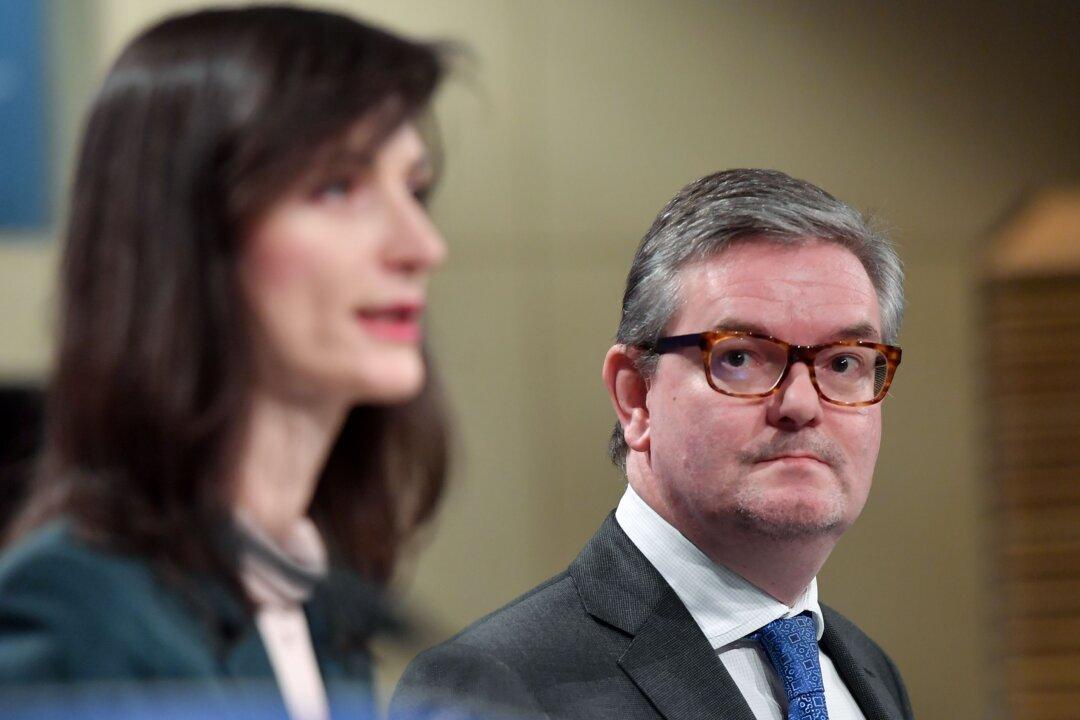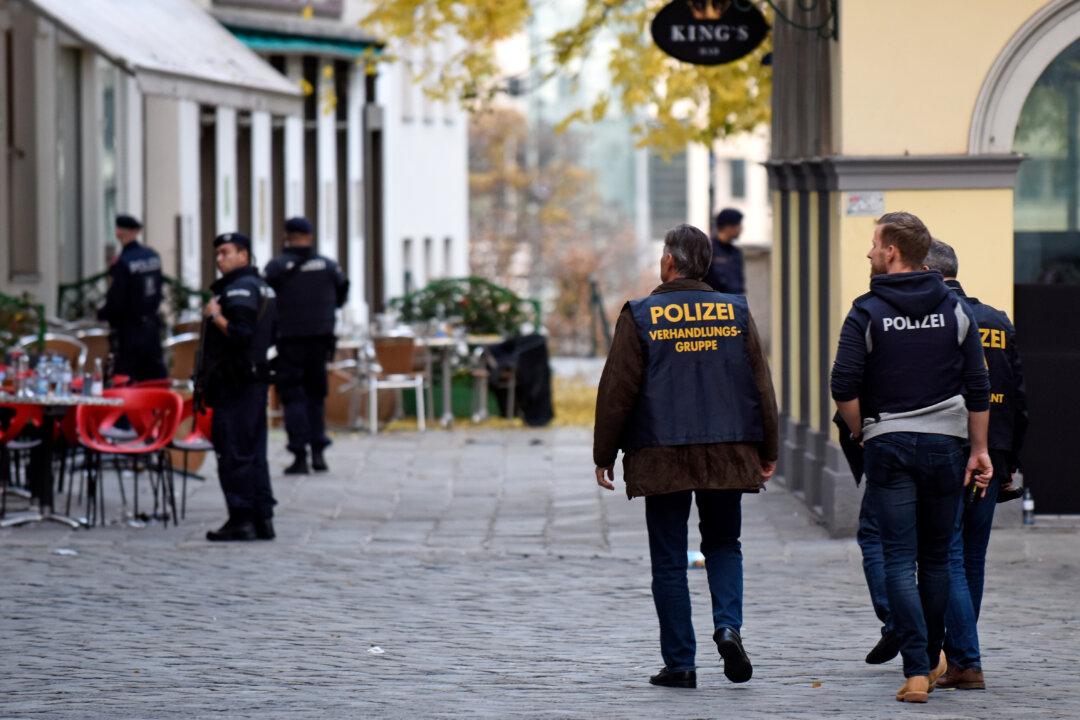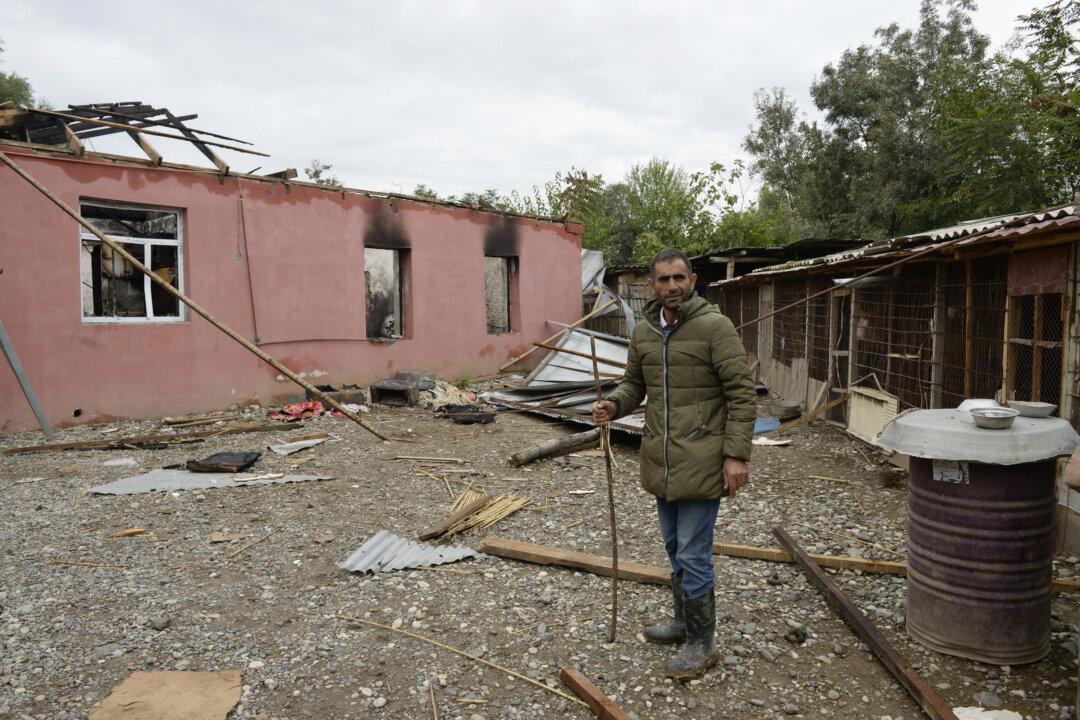BRUSSELS—Cyber experts have warned that social media accounts that pump out state-sponsored disinformation may have influenced up to half of all Europeans in the runup to this month’s European Union elections.
In a new report, the technology firm SafeGuard Cyber unearthed evidence of 6,700 “bad actors” linked to the Russian government, who have posted enough content to reach as many as 241 million users across the bloc.




